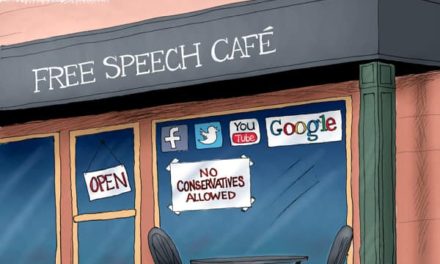Ending the uncertainty over extending Bush-era tax cuts may rest on resolving a decade-long debate over death and taxes.
The federal levy on estates is set to increase the most of all as tax cuts expire Jan. 1, jumping from zero to 55 percent for fortunes worth more than $1 million at death. President Barack Obama and Democrats in Congress barely mention it as they spar with Republicans over whether to keep income-tax reductions for top earners.
A new tax on multimillion-dollar estates may emerge as the final hurdle to a deal that preserves most or all of former President George W. Bush’s tax cuts, analysts said. Congress has unsuccessfully sought at least a half-dozen times to resolve the issue since 2000, including an abandoned effort last December to prevent the estate tax’s expiration.
“The history on the estate tax is every time there’s almost an agreement someone leaves the table in the belief they’ll get a better deal next time,” said Clinton Stretch, a managing principal at the Washington consulting firm Deloitte Tax LLP.
With Obama planning to meet with bipartisan congressional leaders at the White House tomorrow, three main factions have formed in the Senate, none of which has the 60 votes needed to advance an estate-tax proposal. One includes Republicans such as South Carolina’sJim DeMint who favor permanent repeal. Another is led by Democrats including Majority Leader Harry Reid who support a top rate of 45 percent that would apply after a $3.5 million tax-free allowance.
Moral Issue
A third faction, led by Arizona Republican Jon Kyl and Arkansas Democrat Blanche Lincoln and embraced by Republican leader Mitch McConnell of Kentucky, backs setting the top rate at 35 percent after a $5 million exemption.
Forging an agreement has proven more complicated than splitting the difference on the numbers because this has been cast as a moral issue, said Lee Farris, senior organizer on estate-tax policy for United for a Fair Economy, a Boston-based group that advocates reinstating the estate tax.
Opponents criticize the estate tax as an unfair levy that destroys family businesses while proponents of the tax, who include billionaires Warren Buffett and Bill Gates, view it as essential to preserving meritocracy in U.S. society. That argument has gained steam this past year with the deaths of at least five U.S. billionaires, including New York Yankees owner George Steinbrenner.
“People are more dug in on their estate-tax positions on both sides than they are on the other positions,” Farris said.
Most lawmakers likely will be wary of setting a tax-free allowance at $1 million, when it was $3.5 million only a year ago, said Jade West, a lobbyist for the National Association of Wholesaler-Distributors. “It doesn’t take a lot to get to a million.”
To contact the reporter on this story: Ryan J. Donmoyer in Washington atrdonmoyer@bloomberg.net.
To contact the editor responsible for this story: Mark Silva at msilva34@bloomberg.net





